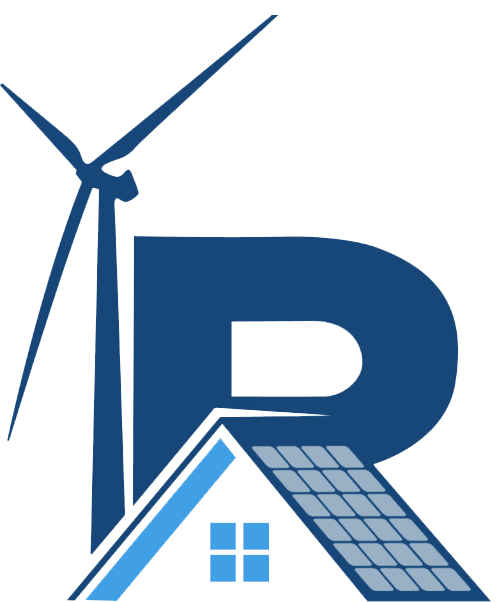Are Solar Panels A Good Investment?

In the UK, solar panels have become increasingly popular renewable energy technology. According to the Department for Business, the UK generated 3.07% of its total electricity through solar power in 2016, but are solar panels a good investment? Apart from being environmentally friendly, solar cells offer substantial savings on your electricity bill. And whilst there are […]
How Solar Battery Storage Can Boost Your Savings

tags: share Facebook Twitter Youtube comments Comments related posts Facebook Twitter Youtube Post List Hot News Trending
